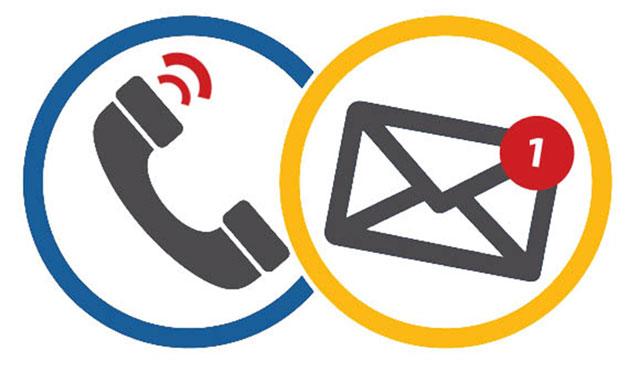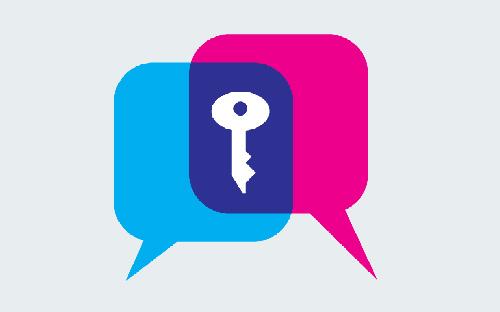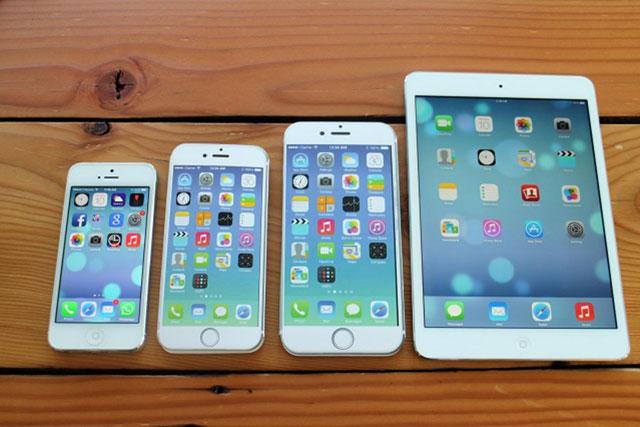You are here
How death of voicemail is changing the way we connect
By The Mercury News (TNS) - May 19,2018 - Last updated at May 19,2018

Photo courtesy of wordpress.com
Don’t wait for the beep: Voicemail is going the way of the dinosaurs.
Although phone-message technology advanced steadily from cassette recorders attached to landlines to services offered by phone companies to cloud-based message storage for mobile devices, it’s now running up against a changing society that places increasing value on saving every possible moment of time.
With the prevalence of mobile phones, texting, chat apps and e-mail, voicemail just is not as what it used to be.
“Let’s say I get a phone call from my brother,” said Nora Lara, a 50-year-old employee at Santa Clara County Superior Court, who is no fan of voicemail and prefers texting to talking on the phone. “I’ll ignore it. And then he’ll text me. When people leave me voice messages, I just delete them without even checking. If they want to get hold of me, they can text me.”
Roman Basinschi, a 26-year-old software engineer, never uses voicemail. “I don’t think it’s even set up,” he said. Occasionally he’ll leave a voicemail — but only for older people and only in more formal situations.
Lara and Basinchi illustrate a profound and widespread change, one that is re-shaping personal and professional communications and creating a whole new set of rules for how to connect. Voicemail is now seen viewed as inefficient. And for many, that feeling extends to phone conversations in general. These days, a phone call often requires advance scheduling.
The frantic pace of life and work is pushing out phone-based voice communication in favour of text, chat, email and other options seen as more efficient, said Mary Jane Copps, a Canada-based phone-communication consultant known as “The Phone Lady” who gives workshops and consultations across North America.
“We’re all feeling more and more overwhelmed,” Copps said. “We all have less time.”
Businesses began adapting in the past few years to the trend away from voicemail, according to Naomi Baron, an American University linguist who studies language and technology.
In 2014, Coca-Cola scrapped voicemail for employees in a move designed to increase productivity. JPMorgan Chase followed suit in 2015, stripping the service from its consumer-bank workers. Baron said her own university two years ago stopped automatically providing employees with voicemail, and made it an opt-in service.
“There is a death knell being sounded for voicemail in business,” said Baron.
If you are looking to point a finger at those responsible for the looming demise of voicemail, and the change ways we use our phones, Millennials are an appropriate target, experts said. That is because they cut their communications teeth on text messaging and e-mailing, Baron said.
“This is a large generalisation, but they don’t feel that comfortable in face-to-face spoken interaction or its derivative over the phone,” Baron said. “They haven’t had the practice. You have far greater control when you can type something out… and then read it again before you send it, and then edit if you choose to.”
Copps sees people under 40 or so as the leaders in the movement against voicemail. Leaving messages for them is usually a waste of time, she said. “They’ve stopped listening to voicemail, so if your phone number shows up on their phone and they recognise your number they’ll call you back, but they won’t listen to your message,” Copps said.
Advertising account manager Tiffany Sung, 24, said she used to talk on the phone a fair amount, but that was back when it cost a dime to send a text. “When texting became unlimited, I stopped making phone calls as much,” said Sung, who typically does not leave voicemails and rarely listens to them except those from her doctor’s office.
Not only is texting usually faster, “You can do it wherever, whenever,” said Cici Tong, 26, an accountant from San Jose.
With people moving away from voicemails and phone calls, we face a whole new series of decisions about how to get in touch with someone, said Anne Ricketts, a communications coach and founder of LIghthouse Communications in San Francisco. It all depends on whom you’re trying to reach, she said.
Among younger adults, a phone call can come as an unwelcome surprise. “lf you don’t schedule it beforehand… people think it’s an emergency, their heart rate goes up,” Ricketts said.
“If it’s more of a formal relationship, I don’t think you text — you e-mail,” Ricketts said. “If it’s a colleague I was comfortable with, I’d just shoot them a text, but I wouldn’t do that with someone I didn’t know very well.”
For matters too complicated to sort out effectively via e-mail or text, a phone call may be required. But that call is best arranged in advance — via e-mail, text or an app, Ricketts said. That is because voicemail will most likely go unheard.
“In the last three to five years the majority of phone calls in my world are booked ahead of time, just like a meeting,” Copps said, noting that a host of apps are now available to make scheduling calls even easier.
But not every social revolution results in positive change.
“I’m not sure we’re moving toward more efficiency,” Copps said. “We’ve been seduced by text communication. It makes us feel more efficient because we can finish our part of the conversation. We’ve developed a discomfort with conversation.”
In many cases, especially when making logistical plans, text-based communication can actually steal far more time from participants than a quick phone call would, Copps said.
It is also lot harder to convey and understand emotion and nuance in written language than through spoken words, Copps added. “If I send a client a proposal and they email me back and they say, ‘No,’ or ‘not right now’… are they saying, “No, we don’t have the budget,’ or, ‘No, but in three weeks we’ll be ready?’ You need tone of voice.”
If you are going to leave a voicemail, it’s important to hedge your bets, Baron said. She suggests that if you leave one, you should also send a text or email to make sure your message gets through.
Related Articles
WhatsApp, text or e-mail — which is the most secure option when your conversation really has to be locked down?The recent private-messages-g
Like it or not, we all are responsible for our own communication.
The scores of new features in Apple’s software update for mobile devices can be boiled down to one word: unity.

















